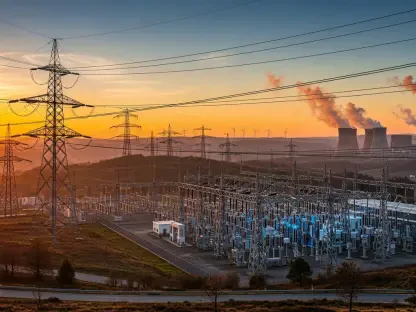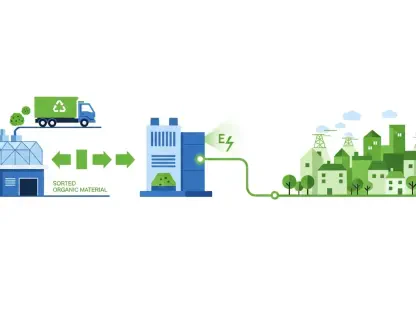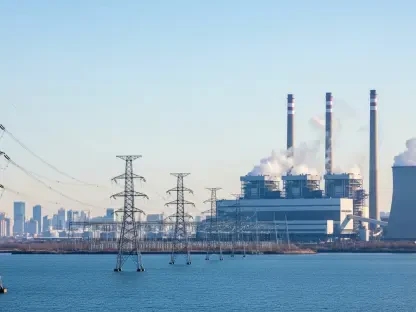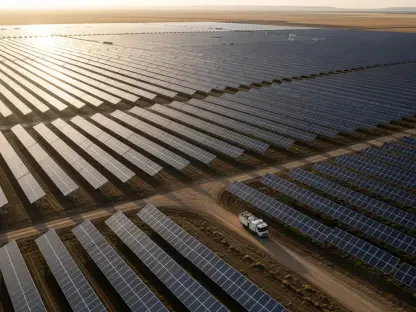When winter hits Japan, the nation’s energy demands spike dramatically, sparking significant concerns about supply adequacy. In recent years, Tokyo found itself on high alert to guarantee that heating systems function smoothly during the coldest months. Thus, a groundbreaking agreement between JERA, Japan’s largest power company, and Australia’s Woodside Energy emerged, capturing attention across the energy sector for its potential to redefine how Japan approaches energy procurement during its winter months.
A Turning Point in Japan’s Energy Strategy
This agreement signifies a pivotal shift in how Japan tackles its seasonal energy needs. As Japan heavily relies on imported energy, particularly liquefied natural gas (LNG), the contract’s focus on only supplying during December to February stands out. The innovative move highlights the growing trend of adapting to seasonal demands—a strategy that could potentially address the significant challenges posed by traditional annual contracts. The deal’s announcement in Tokyo set the stage for new pathways to more efficient energy management, aligning closely with modern environmental sensitivities and economic factors.
A Closer Look at the Groundbreaking Contract
Breaking away from typical energy contracts, which cover a full year, this seasonal LNG agreement allows JERA to secure needed resources specifically for the winter months. This approach caters directly to the heightened demands of the colder season and offers notable advantages by introducing the flexibility absent in conventional contracts. Importantly, JERA can decline shipments if the winter proves milder than anticipated, preventing surplus inventory and promoting efficient resource use. This flexibility underscores an innovative departure from wasteful practices, optimizing energy supplies according to actual needs.
Expert Opinions on the Transformative Approach
The energy sector has not remained silent regarding this development. Analysts view seasonal contracts as a promising avenue toward achieving greater market stability and resilience. Comments from JERA officials and industry experts reflect a strong belief in the potential benefits of such contracts. Drawing parallels, they cite experiences from other companies that have explored similar supply models, pointing to improved adaptability and reduced risks as key outcomes.
How Others Can Embrace the Concept
Recognizing the success of JERA’s strategy can serve as a model for other energy providers considering similar adaptations. Embracing seasonal supply contracts may require reworking existing procurement frameworks, yet the long-term benefits could outweigh the challenges. Key steps include analyzing demand fluctuations, leveraging technology to forecast trends, and seeking insights from government bodies such as Japan’s Ministry of Economy, Trade, and Industry. Successful implementation holds the promise of fostering a more balanced and reliable energy landscape, tailored to variable seasonal demands.
As Japan has moved forward with its innovative energy procurement methods, the country has begun setting a new standard in addressing specific seasonal needs. The JERA-Woodside agreement, with its potential to spark a wider adaptation of seasonal contracts, suggests a future where energy strategies are more in tune with the rhythms of environmental conditions. Such developments promise not only enhanced supply stability but also a more sustainable approach toward energy consumption in the long term.









